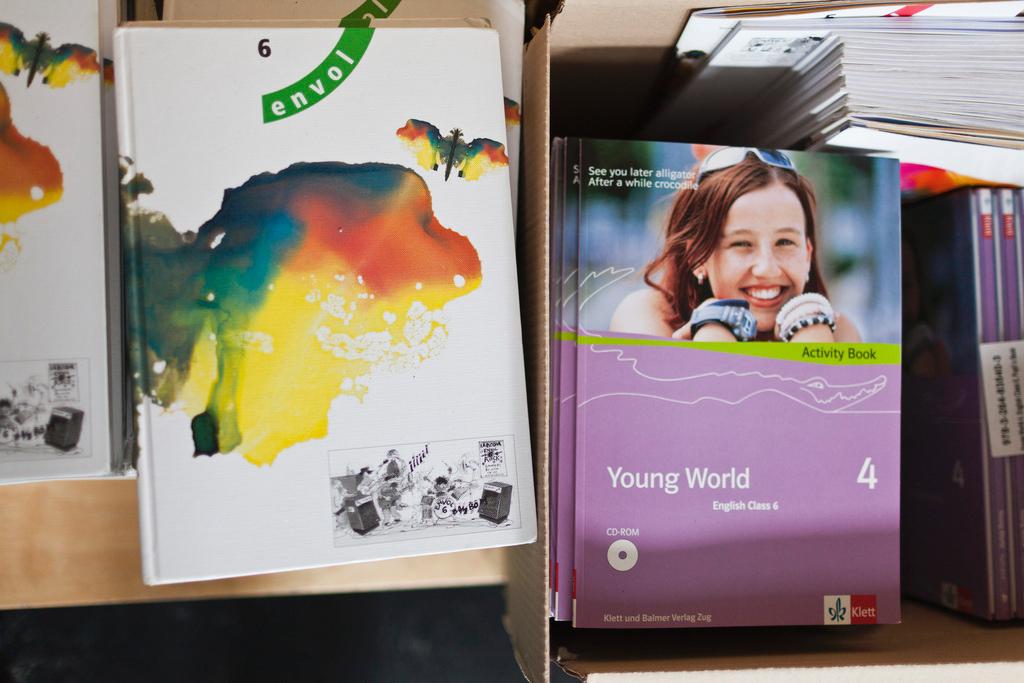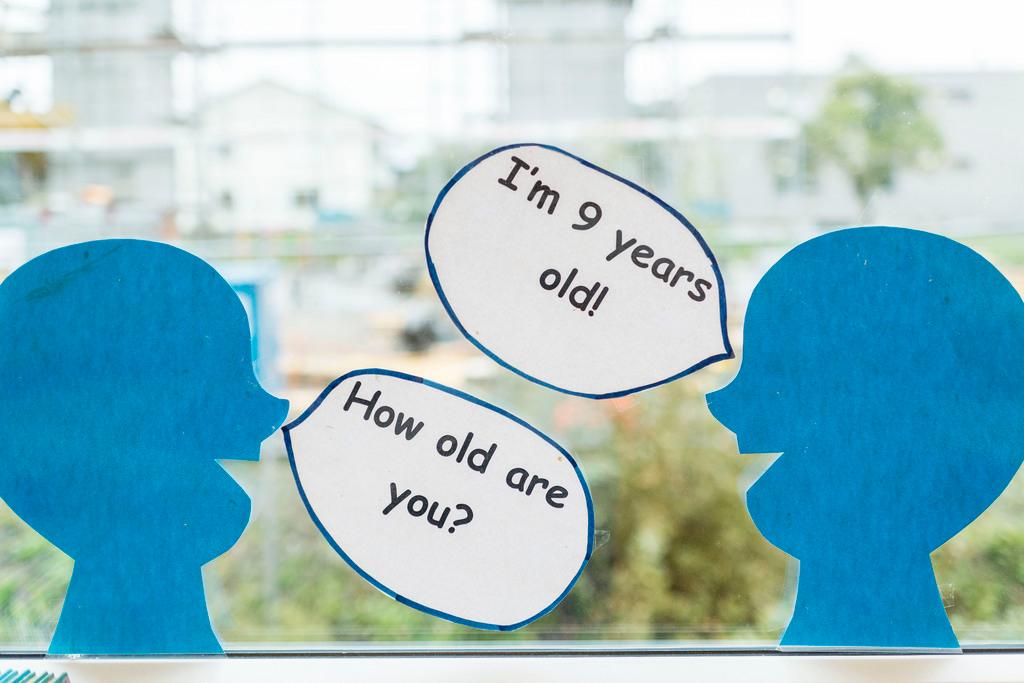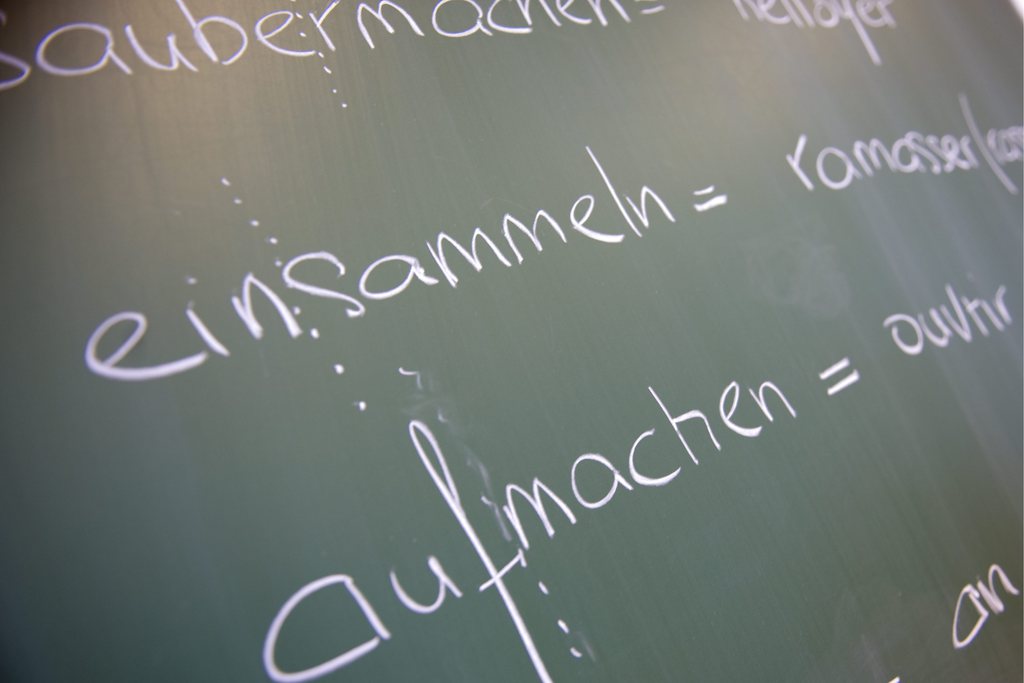Two national languages urged for Swiss primary school

Swiss school children should have to start learning a second national language – not English -- no later than two years before the end of primary school, the Federal Office of Culture recommends.
Considering that the federal government cannot dictate to the cantons what first foreign language should be taught in schools, it offered up a compromise by recommending the age at which pupils are taught a second national language.
The recommendation in a report made public on Friday is the latest fusillade in Switzerland’s controversy over the teaching of foreign languages that largely revolves around the usefulness of English versus French or German. It is an emotional issue with political ramifications in a country with four official languages – German, French, Italian and Romansh.
The report is to be taken up by the Senate next month during its spring session. A Senate commission requested the report last November. Cantonal education authorities, in the meantime, have been trying to adapt school curricula to enable all children to start learning a second Swiss language along with English by the fifth year of primary school.
German is the first foreign language to be taught at schools in French-speaking Switzerland. Italian-speaking Ticino gives priority to French as the first foreign language, while in canton Graubünden there is a choice between German, Italian or Romansh.
But pupils in German-speaking regions – the majority of the country – are at first generally exposed to both Swiss German and High German, and then learn either English or French, depending on which canton they live in. English is the second foreign language in most cantons, due to its global reach.
The English wedge
The controversy often is divisive along usual lines of federal authority versus cantonal autonomy. Interior Minister Alain Berset has repeatedly warned that national cohesion will be at risk if two official Swiss languages are no longer taught in primary schools.
But the parliament of canton Thurgau in the country’s east, for example, struck French from the primary school curriculum last year, angering French speakers in the country’s west. And on March 8, citizens in German-speaking canton Nidwalden will vote on an initiative by the conservative right Swiss People’s Party aimed at simplifying the curriculum at the primary school level.
The initiative would limit the number of foreign languages to just one on the basis that learning two foreign languages simultaneously is too great a burden for children below the age of 12.
If the initiative is approved, it is widely assumed that English would be chosen as the second language for about 2,300 primary school pupils. French would then be taught only at the secondary school level. Most major political parties and local teachers associations are opposed.
The report says federal authorities cannot completely regulate the teaching of foreign languages, but must leave it up to Switzerland’s 26 cantons to define specific programmes. The cantons must agree on common education goals under a constitutional article in force since 2006, but the report says they are not required to agree on the first foreign language.

In compliance with the JTI standards
More: SWI swissinfo.ch certified by the Journalism Trust Initiative




You can find an overview of ongoing debates with our journalists here. Please join us!
If you want to start a conversation about a topic raised in this article or want to report factual errors, email us at english@swissinfo.ch.